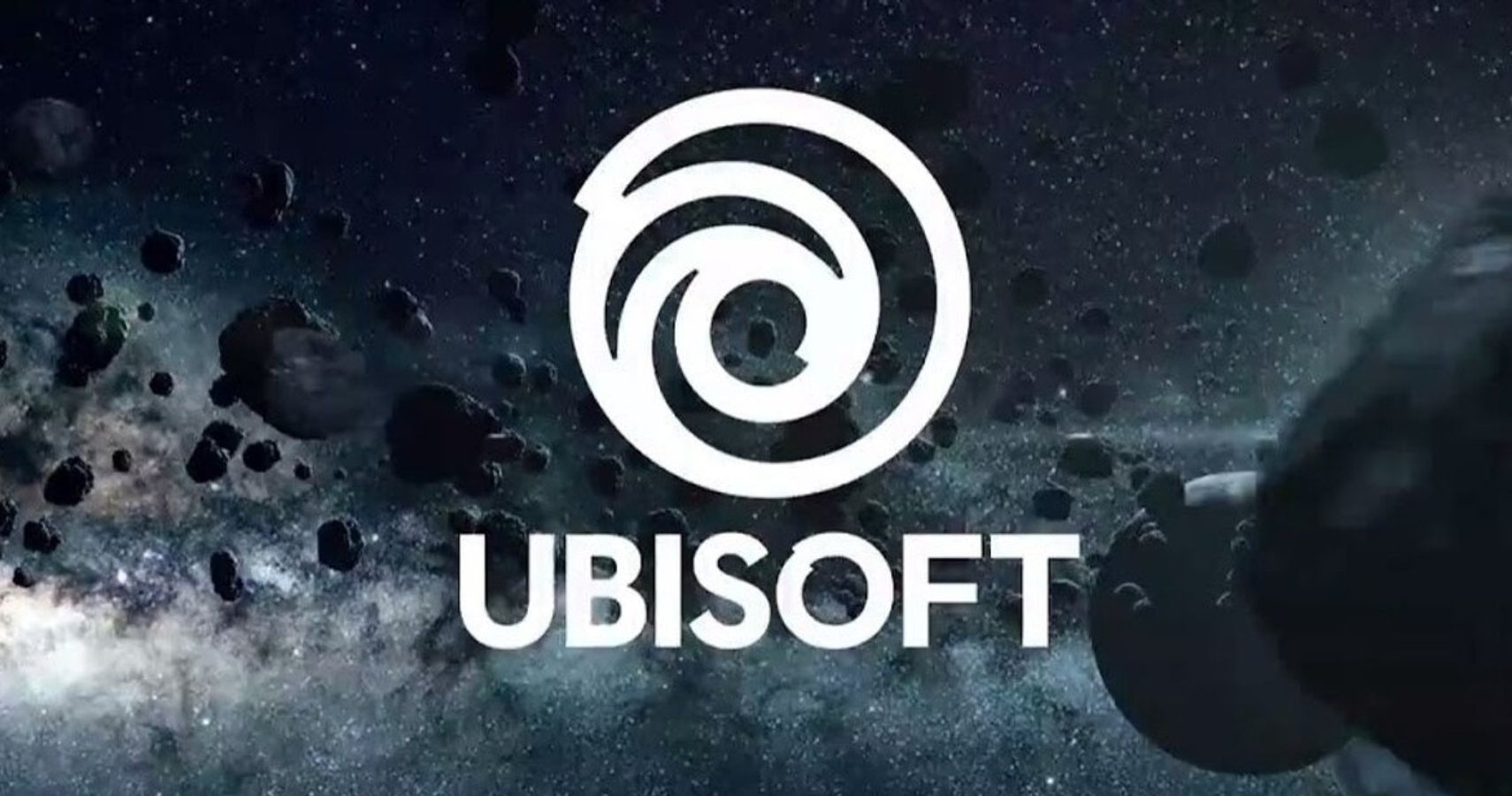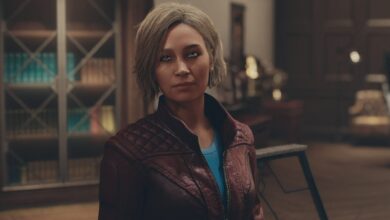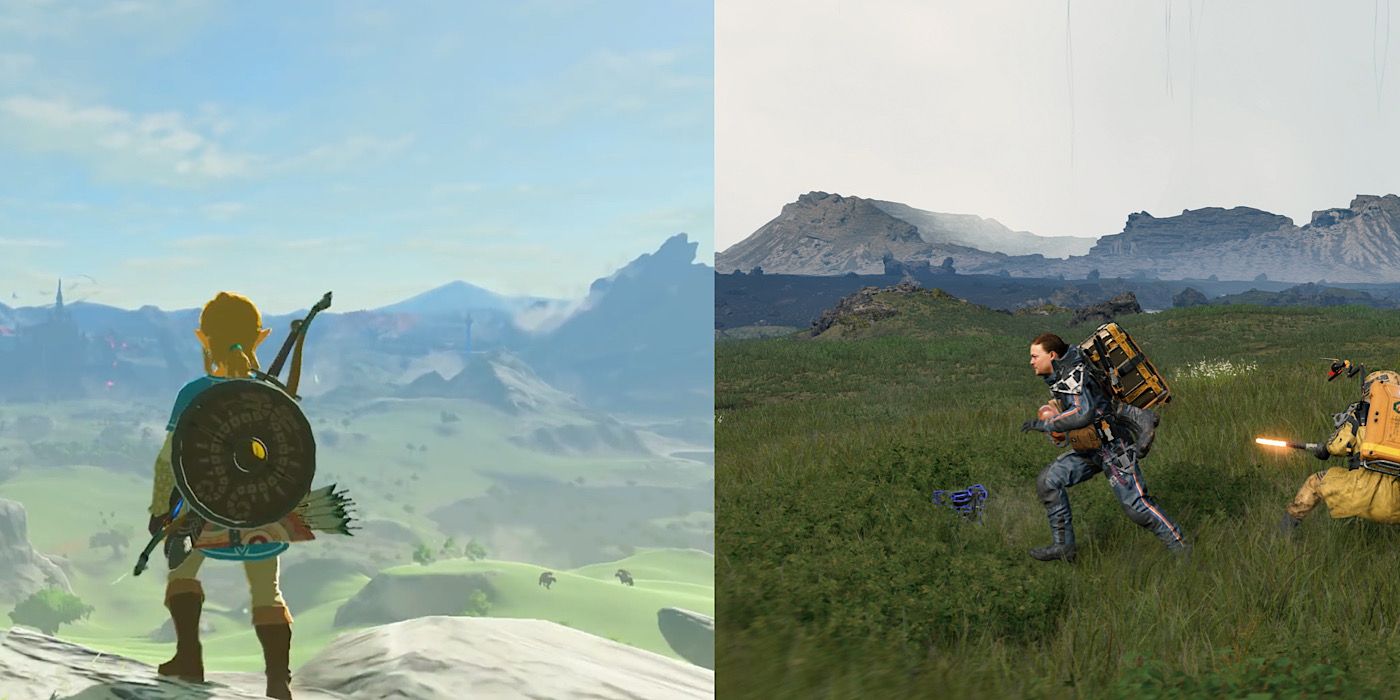
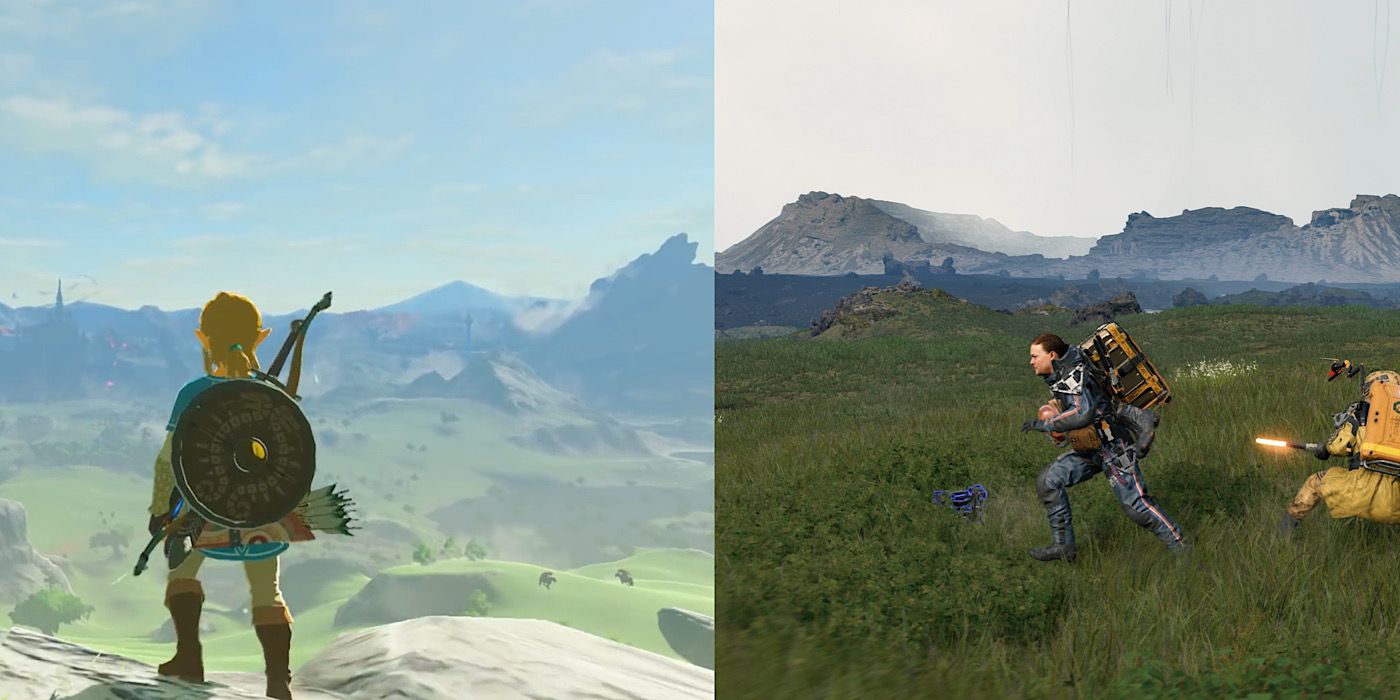
The Legend of Zelda: Breath of the Wild and Death Stranding are two generally well-received games with a few key faults. The former's inclusion of weapon degradation has been a hot topic of debate among fans, while Death Stranding's linear, exposition-filled story often seems more concerned with explaining how things work than telling an actual story.
There are still many questions floating around regarding the futures of both of these games. Breath of the Wild will be getting a sequel come next year, but details on the game are being kept tightly under wraps. On a slightly less assuring note, Death Stranding creator Hideo Kojima has expressed interest in making more games set in the same universe, but at present, it's unclear if a sequel to Kojima Productions' first post-Metal Gear title will ever come to pass. In the event it does, it would be refreshing to see Death Stranding remedy its faults by drawing inspiration from Zelda, and vice-versa.
RELATED: 15 Open-World PlayStation Games To Play If You Like Zelda
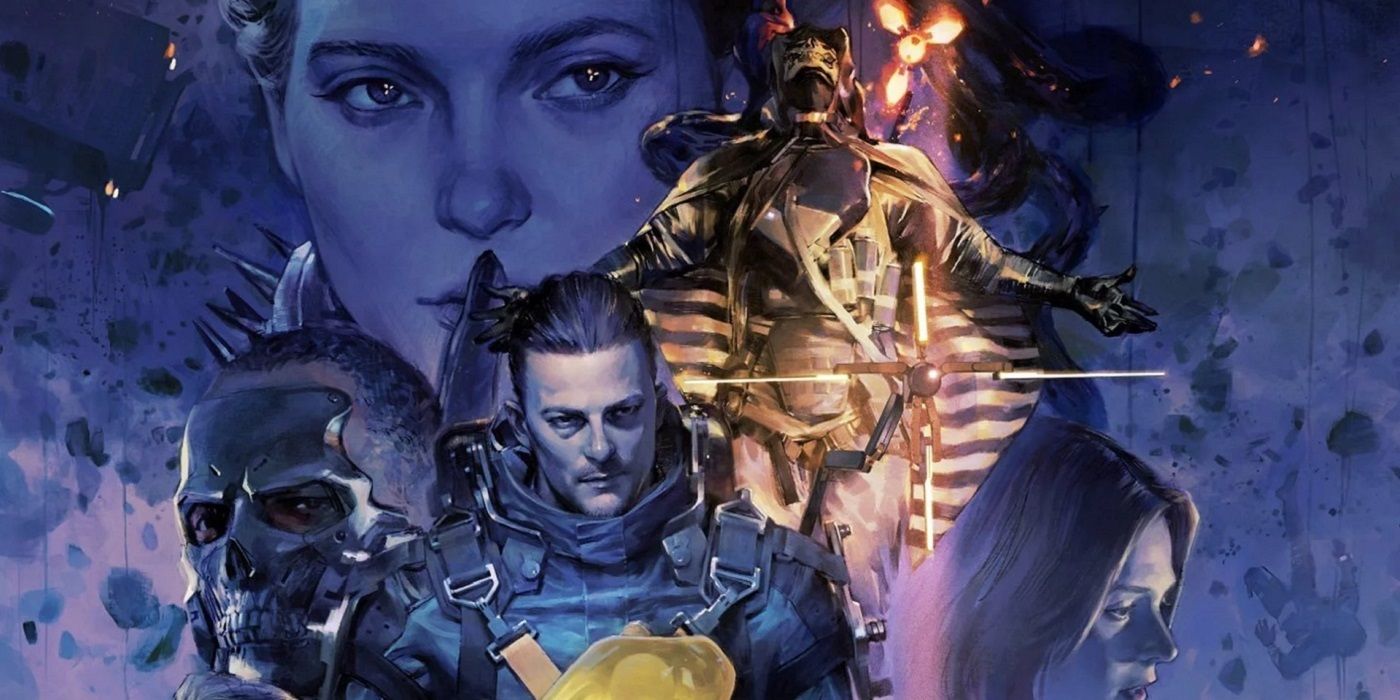
At its core, Death Stranding is a game about Sam Porter Bridges piecing together a post-apocalyptic America. But the game is so driven to ensure players understand its world, that it's easy to forget that. It frequently jumps between many abstract concepts: Extinction Entities, Beached Things, and the ancient Egyptian concepts of Ha (body) and Ka (soul) are just a few of the items explored. Death Stranding's story tries to adequately cover these ideas and Sam's personal journey concurrently, but the former often overshadows the latter.
Switching gears to Zelda, Breath of the Wild is a very lore-rich game — much like Death Stranding. Link awakens after a 100-year slumber to discover Hyrule in shambles thanks to Ganon, and as such, there's a lot of backstory to be explored. But where these two titles differ is how they deliver their lore. Death Stranding more or less shoves it in players' faces throughout the story, while Breath of the Wild trusts players to seek it out for themselves.
There's only one central goal in Breath of the Wild: Defeating Ganon. Understanding the events that led to his reign isn't necessary to complete the game, however, collecting Link's pre-slumber memories can add further depth to the task at hand by adding context to the existing conflict. It's not hard to imagine how a future Death Stranding game could benefit from a similar structure.
In an ideal world, one would be tasked with reconnecting a desolate, hazardous wasteland as the sole, end-all-be-all objective. If players wish to gain further knowledge of the world of Death Stranding, such information shouldn't be shoehorned into the story. Rather, it should be up to the player to piece the lore together, which, hopefully, would serve to further reinforce the importance of a connected world, while affording the lore and narrative each sufficient room to breathe.
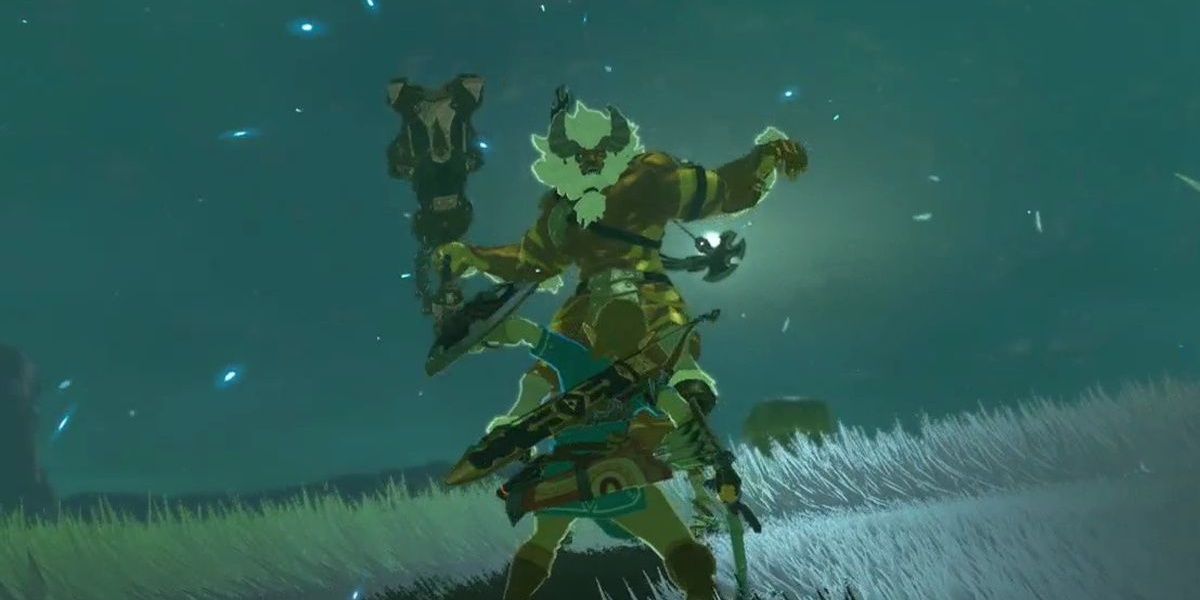
Weapon degradation is a mechanic most Zelda fans either love or hate. On one hand, it forces players to be mindful of their equipment. The potential for one's weapon to break is a constant reminder that not every fight is worth fighting, and when a sword, bow, or shield gets destroyed in combat, players are forced to adapt in dynamic ways that no other Zelda game has ever asked them to.
The problem with weapon degradation isn't so much that it exists, but more so that there's no way to counter it. One cannot simply repair their equipment; once it starts to go, it's as good as gone. Additionally, with the abundance of materials available to collect in Breath of the Wild, it's baffling that none of them can be used to prolong the use of equipment.
Like the open-world Zelda title, Death Stranding also requires players to be mindful of the condition of their inventory. Timefall can erode the quality of the cargo Sam carries, but the Porter has a trick up his sleeve that the Hylian hero does not: cargo repair spray. Now, that's not to say Link should utilize cargo repair spray, but implementing a setting-appropriate means of repair—a blacksmith or a forge—would likely go a long way in appeasing critics of Breath of the Wild's divisive feature.
Where each game falters, the other happens to succeed. So if the teams behind Death Stranding and Breath of the Wild are looking for ways to improve each game going forward, they should look no further than each other.
Death Stranding: Director's Cut will release on September 24, 2021 for PS5. The Legend of Zelda: Breath of the Wild 2 releases for Nintendo Switch in 2022.
MORE: Ghost of Tsushima Should Take One Idea From Death Stranding: Director's Cut
